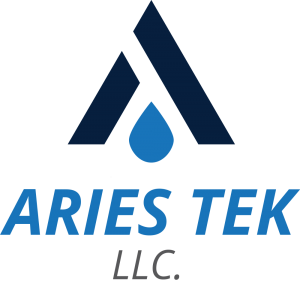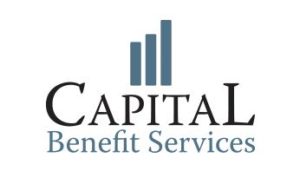IMPORTANT NOTICE
Governor Inslee announced a very important update. Effective July 30, wineries and tasting rooms in most counties are permitted to operate at 50% indoor capacity if they offer food service. This does not require a restaurant license. You can find the updated guidance by clicking here.
This is an important change from last week’s decision to close down all indoor service at wineries and breweries that don’t have a restaurant license and recognizes what the Washington Wine Institute and our partners in other alcohol and hospitality industries have spent the past month pushing on the Governor’s office to give us parity with restaurants who are still allowed to operated indoors if they provide some type of food service. All social distancing requirements per Phase 2 Guidelines must be met indoors and outdoors. These updated guidelines do not impact outdoor service – there continues to be no requirement to provide food if you plan to remain operating only outdoors.
Food service is defined as the following:
- Provide a reasonable number of menu items such as: sandwiches, salad, soup, pizza, hamburgers, fry orders, or substantial hors d’oeuvres/appetizers.
- These menu items must be prepared onsite and may not be offered by a contractor.
- Obtain any required food service permit/license from your local jurisdiction. Your city/county food service permit may or may not allow for the service of the types of foods listed in the above requirements. If you are not sure what types of food your food service permit allows for, contact your local health department to ensure you have the appropriate permit.
Outdoor seating: For outdoor seating, a temporary structure may be used. Outdoor structures (temporary or permanent) should have no more than two walls to provide appropriate ventilation. The limitation on walls applies to both rigid and flexible walls.
You can find a description of options for expanding the outdoor space of your winery tasting room here.
Compliance document: The LCB is creating a a guidance document we hope to be able to share by next week for you to post in your business showing, if you choose to reopen indoors by meeting the requirements above, you are in compliance and operating legally.
We will be working with the Washington State Department of Health and the Liquor and Cannabis Board in the coming days to provide more information on menu and preparation requirements.
Bar seating remains closed. This is defined as the area with a bar table/counter where patrons sit or stand side-by-side across where alcoholic drinks and refreshments are served. Counter-style seating is permitted in other areas of the establishment (indoors or outdoors). Six feet of distance is required between parties and other tables.
Closing time: Winery tasting rooms and other impacted businesses will need to end all alcohol consumption each evening by 10 PM.
Close Any Vending or Game-like Activities: All vending or gaming-like activities outside of being seated and dining/drinking are not allowed. Examples include pool, video games, and similar attractions that create high-traffic touch points.
For all current restrictions, Phase 2 Guidelines & Best Practices and a FAQ, see the resource page on our website.
UPDATE: YAKIMA, BENTON, FRANKLIN COUNTIES
The above indoor allowance does not apply to Yakima, Benton & Franklin counties, but health departments in these counties have adjusted the modified Phase 1 restrictions to include tasting rooms. Beginning on Saturday, August 1, wineries and tasting rooms are permitted to be open outdoors only at 50% capacity. No indoor service is permitted.
Occupancy:
- In Yakima County, only members of the same household may be seated together outside.
- In all other counties, customers may be seated outdoors with people from outside of their household.
- In counties where indoor seating is permitted with food service, only groups from the same household may be seated together.
- In all cases, there is a maximum of 5 people per table.
 Member Login
Member Login



